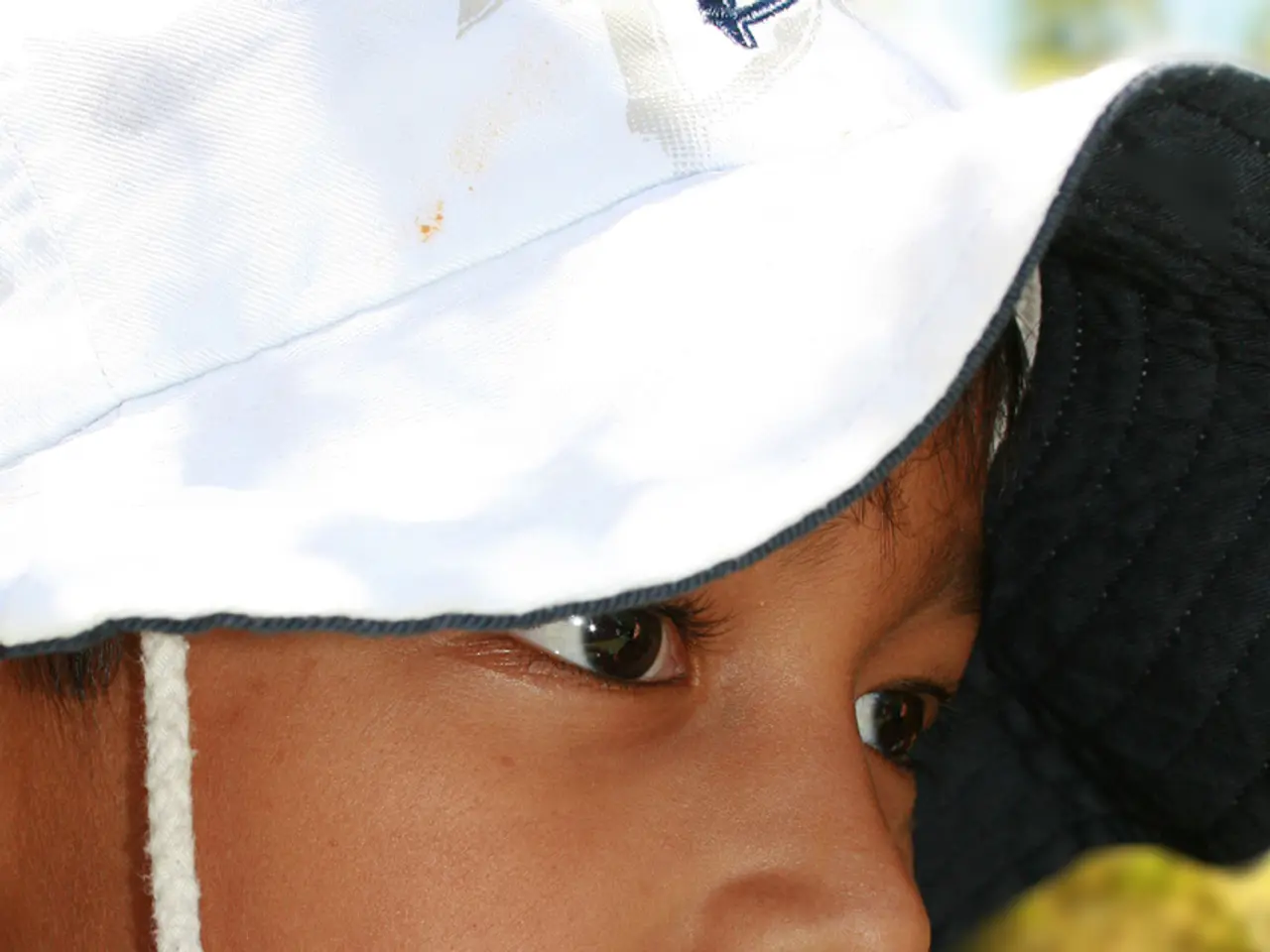Understanding Noonan Syndrome: An Overview
Noonan Syndrome, a genetic disorder first identified by Dr. Jacqueline Noonan in the 1960s, affects various body parts and causes physical and developmental challenges. The condition is present at birth and can impact both males and females equally.
Noonan Syndrome is primarily inherited in an autosomal dominant manner, meaning that a mutation in one of the affected genes is sufficient to cause the disorder. The most common genes associated with Noonan Syndrome include PTPN11, KRAS, SOS1, and RAF1, which are involved in the RAS/MAPK signaling pathway.
The disorder can lead to a variety of complications, including cardiovascular problems, growth and developmental delays, hematological issues, psychosocial challenges, and more. Cardiovascular defects, such as pulmonary valve stenosis and hypertrophic cardiomyopathy, are frequent in Noonan Syndrome and can lead to long-term heart problems. Some patients may also experience complex lymphatic issues, hearing problems, vision and ocular problems, kidney damage, neuropsychological issues, and insulin resistance.
Children with Noonan Syndrome may experience growth delays and developmental delays, which can impact their learning and social skills. Common physical features may include distinctive facial features, short stature, chest deformities, and heart defects. They may also face developmental delays, particularly in speech and motor skills. Psychosocial issues, such as social stigma, bullying, and emotional challenges, can also affect those with Noonan Syndrome.
Early diagnosis of Noonan Syndrome is crucial for managing the condition effectively. A multidisciplinary approach is often required for diagnosing Noonan Syndrome, involving specialists such as geneticists, cardiologists, and developmental pediatricians. Establishing a structured daily routine, maintaining a healthy lifestyle, and regular medical check-ups can be beneficial for individuals with Noonan Syndrome.
Education plays a vital role in the development of children with Noonan Syndrome. Individualized education plans (IEPs) and social skills training are common considerations. Therapeutic interventions may include physical therapy, occupational therapy, and speech therapy. Psychosocial support can come in the form of counseling, support groups, and education about the syndrome.
The exact prevalence of Noonan Syndrome is not fully known, but it is estimated to occur in about 1 in 1,000 to 1 in 2,500 live births. Raising awareness about Noonan Syndrome is essential for fostering understanding and support within the community. There are various organizations and online communities that provide support for families affected by Noonan Syndrome.
In conclusion, Noonan Syndrome presents with multisystem complications primarily affecting the heart, lymphatic system, hearing and vision, kidneys, and neurodevelopment. The severity and combination of these complications vary per individual. Treatment options for Noonan Syndrome include medical management, therapeutic interventions, and psychosocial support. Understanding the symptoms of Noonan Syndrome is essential for parents and caregivers to provide the best care and support for individuals affected by this condition.
- Effective management of Noonan Syndrome requires a holistic approach, considering factors such as science, healthcare, and workplace wellness to address medical conditions like chronic diseases and neurological disorders.
- Health and wellness, particularly fitness and exercise, can play a crucial role in mitigating physical challenges faced by individuals with Noonan Syndrome, such as cardiovascular problems and growth delays.
- Mental health is also integral in managing Noonan Syndrome; psychosocial issues like social stigma, bullying, and emotional challenges often affect those with the condition, making mental health therapies and treatments essential.
- Skin care is another important aspect of health maintenance for individuals with Noonan Syndrome, as some may experience complex lymphatic issues or kidney damage, which could potentially impact their overall skin health.
- Medicare and other insurance programs can play a significant role in ensuring access to necessary treatments and therapies, including pharmacological interventions like CBD which may help alleviate some symptoms associated with Noonan Syndrome.
- Nurturing nutrition, in combination with effective medical management, therapeutic interventions, and psychosocial support, can contribute to overall improvement in the quality of life for individuals living with Noonan Syndrome.




